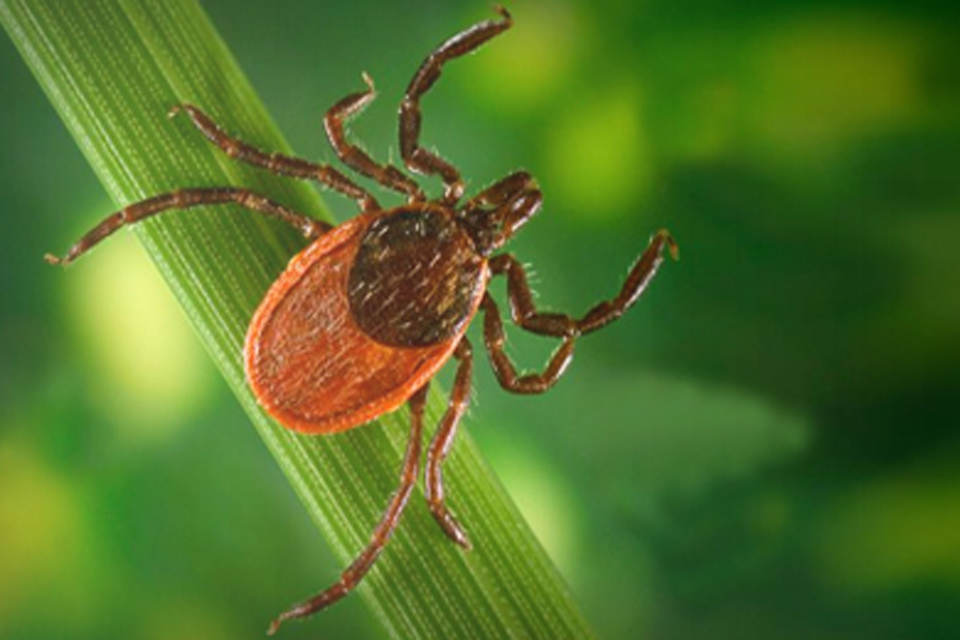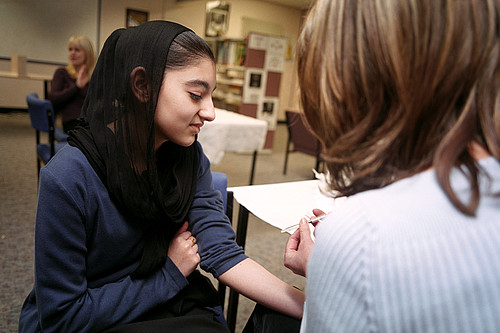Having started my career as a trainee accountant at South Tyneside Council nearly 25 years ago and returned after a time elsewhere in the public sector to have a stint as Head of Finance, local government still feels like my …
...parts of England, despite apparently greater wealth and opportunities: what is behind that? Unfortunately there are also great differences in life expectancy between the richest and poorest in London. PHE...
...a local level is essential. More broadly, to deliver on the opportunities created by the transition in sexual and reproductive health and HIV commissioning arrangements over the last year, real...
The past few weeks have seen PHE involved in some exciting initiatives with other employers who share our commitment to taking good care of the physical health and mental wellbeing of their staff. There is a real groundswell of energy …
...at this time of year much of my time is taken up studying them: their ecology, abundance and the diseases they transmit. https://www.youtube.com/watch?v=HzR1eja6Wa8 Ticks are becoming much more common now...
...help us tackle the global AMR challenge. Public health support to local partners to work together is vital. One example is ‘school as place’-based work, where school nurses work closely...
...of the proteome. In PHE, one of the ways that we analyse bacterial proteins is using mass spectrometry (MS) technology. This has helped our scientists to understand more about which...
We have had some fantastic news recently. More children have been vaccinated against measles and the number of measles infections has reduced. This means that we are getting back on track towards eliminating the disease. Measles has been relatively rare …
The proportion of HIV-positive diagnosed women passing (transmitting) their infection to their babies in the UK is now at its lowest ever level, having dropped four-fold in 10 years. In...
...of year. Syndromic surveillance primarily measures the reporting of symptoms caused by anything from flu to norovirus. It’s not simply bugs we look at, either. This surveillance can also measure...









